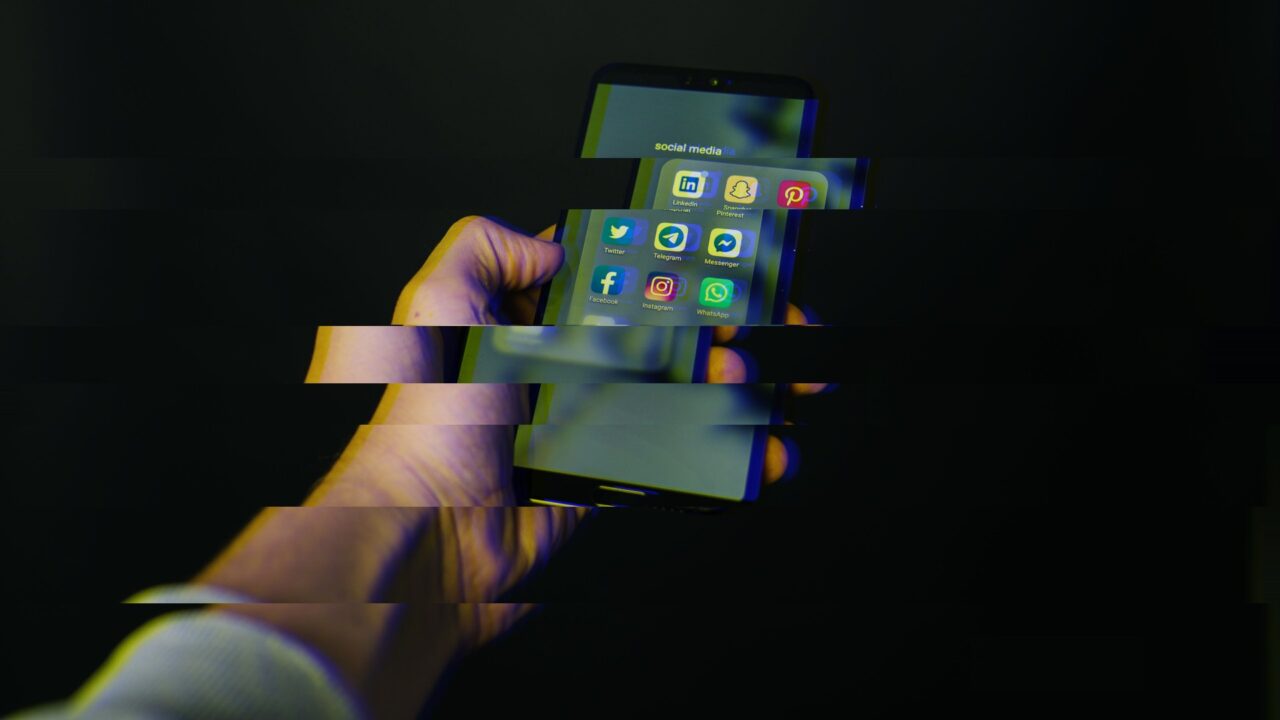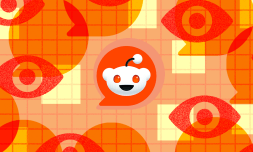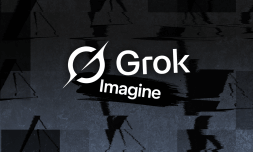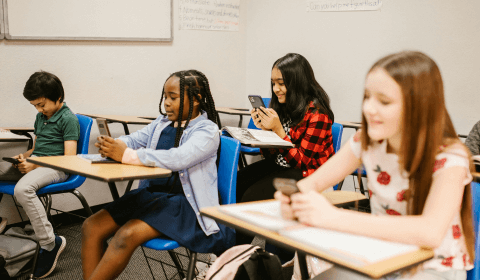As we review the digital habits of the last few years and question what they might look like going forward, several factors point to a future in which we aren’t quite so wrapped up in the virtual world.
Isn’t it strange to recall a time when social media didn’t exist?
For the past decade, we’ve watched as platform after platform has materialised, some cementing themselves at the heart of our digital habits, others fading into the background to be dredged up only when a friend asks ‘hey, whatever happened to Vine?’
Today, a substantial portion of our regular interactions take place virtually, and most of us would be hard-pressed to survive 24-hours without scrolling through the feeds of our favourite apps.
Fixation aside, however, the tide appears to be turning as more and more people start taking their lives offline.
Beginning post-pandemic – during which we grew tired of being stuck to our screens – the last few years have seen us strive to be more authentic and present IRL, which can be tough when mindlessly swiping on Instagram stories, losing braincells on the TikTok For You Page, and wasting hours formulating a photo series good enough for the grid.
But has this been feeling less appealing for everyone, or simply a select few? And is there a possibility of a future in which we aren’t quite so absorbed in the virtual world?
The diminishing novelty of once-obsessed over platforms
Regardless of how often this is disputed of challenged – largely by the billionaires at the helm of these apps – the notion that social media is in its ‘flop’ era makes a lot of sense in light of recent events.
First came Instagram’s blatant disregard for user-preference with a shift away from chronological to curated content feeds, infuriating creators whose organic reach has since been rocked.
Shortly after, impressed by the success of BeReal among users newly concerned with ditching superficiality, TikTok introduced an undeniably similar feature, speaking to a wider craze of mimicry in the social media space.
Recognising that what works on one platform can be carried across and iterated upon, apps are now shamelessly nabbing original concepts from their competitors and putting their own spin on them, in contrast to the calls for more honest online experiences that gave them the idea to begin with.
There’s also been a mass exodus of X (formerly known as Twitter), as Elon Musk’s messy takeover and decision to introduce a monetised blue tick status led people to reassess their involvement with a site becoming increasingly unstable – and unnecessarily costly.
With this in mind, no wonder a rising number of users are losing interest in platforms that ignore their needs and continue to diminish in quality.
babe wake up new weird micro label for people to describe themselves as pic.twitter.com/NV5IWiNvMc
— burger girl (@crrzykttnsmile) October 11, 2022
The oversaturation to disconnection pipeline
In the context of our emerging detachment from life online, the progressive difficulty of developing a unique identity in the face of aesthetic culture is proving to be quite the turn-off.
Casting a large net over how we perceive ourselves, the new micro labels, ‘groups,’ and personalities we’re constantly inundated with on social media – and urged to align with – stem from the ‘pace of our nostalgia,’ which according to experts is revolving so fast it’s tripping over itself and making us feel like we’re trapped inside a time capsule machine with every style and every era happening all at once.
The best example of this to date has been the popularity of Vintage Tech, Y2K, and Regencycore, all themes that were reintroduced on social media and consequently mainstreamed.




















